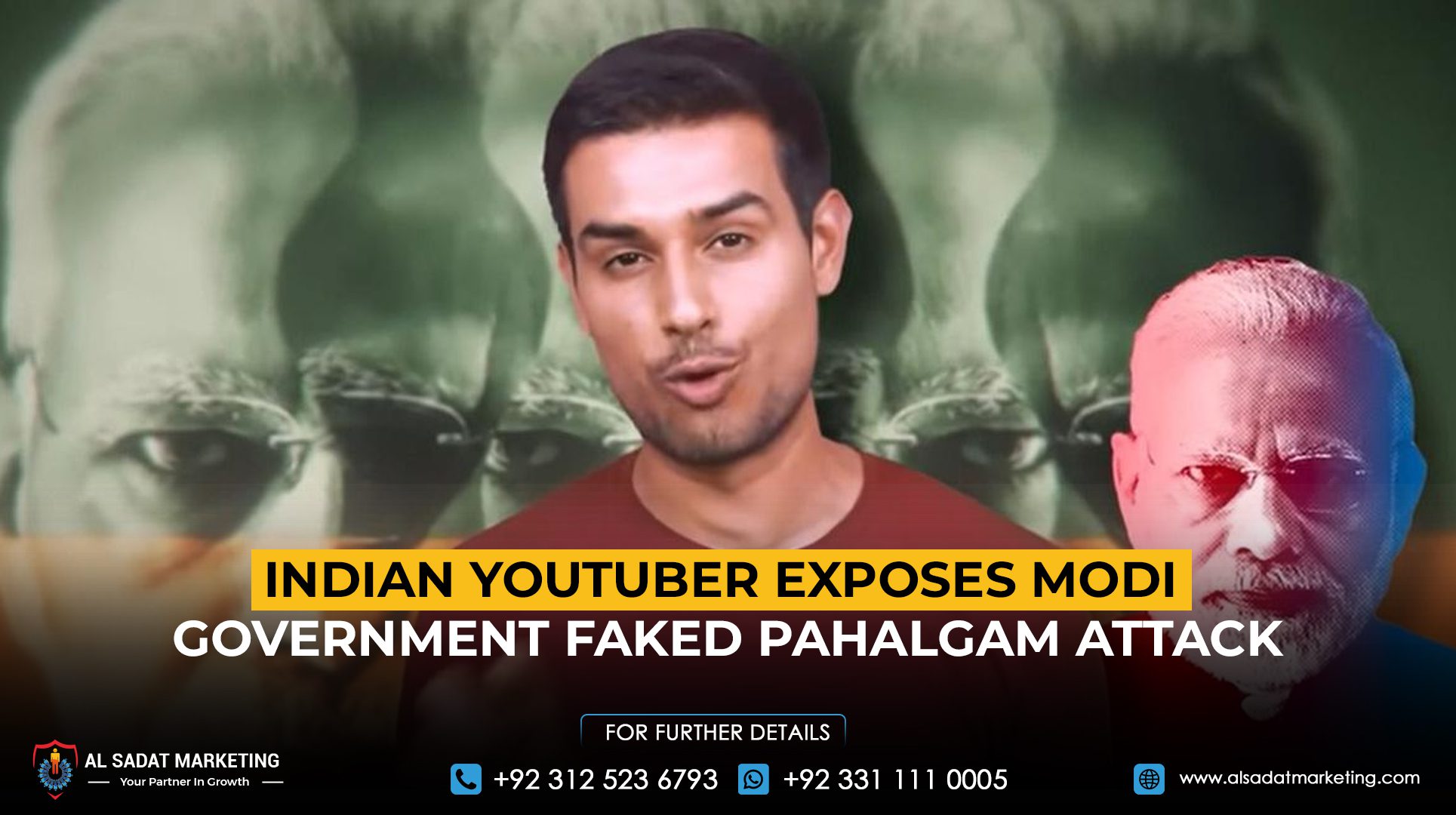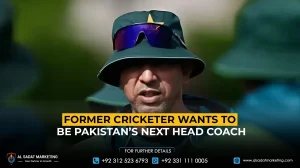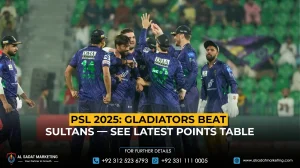New Delhi – In the aftermath of the Pahalgam attack that has heightened Pakistan-India tensions, Indian YouTuber and researcher Dhruv Rathee has emerged as a rare critical voice against the Modi-led BJP government. Rathee’s analysis comes as Indian media largely focuses on anti-Pakistan rhetoric, often overlooking critical security lapses on the domestic front.
Rathee questioned how militants managed to carry out an attack in Kashmir’s heavily fortified Pahalgam region, despite the region being under strict surveillance along the Line of Control. His critique highlights serious flaws in the security measures, flaws that many mainstream Indian outlets have largely ignored. Rathee’s analysis contrasted sharply with the anger-driven narratives that dominate Indian television channels.
Also Read: Understanding DC Rates vs. Market Value in Real Estate
The YouTuber also criticized the lack of adequate security protocols for tourists in Pahalgam and pointed out the delays in evacuation efforts for those injured in the attack. Drawing historical parallels, Rathee revisited old footage of Prime Minister Narendra Modi, who had previously slammed the Indian government for security failures during the 2008 Mumbai attacks. Rathee suggested that the Modi government is now grappling with the same issues it once vehemently criticized.
Additionally, Rathee condemned prominent Indian media figures, particularly Arnab Goswami, labeling them as part of the “Godi Media” ecosystem. He accused these personalities of sensationalizing news, misleading the public, and stoking communal hatred. According to Rathee, such practices contribute to an atmosphere of fear and division rather than fostering informed debate.
This is not the first instance where Dhruv Rathee has challenged official narratives. He had earlier debunked the Indian government’s account of the Pulwama attack, using detailed research and fact-based analysis to question widely accepted stories. His consistent critical stance makes him one of the few independent voices scrutinizing the Indian government and mainstream media practices.
As the region continues to reel from escalating tensions, voices like Rathee’s call for a more analytical and fact-driven approach to complex geopolitical issues, rather than falling into cycles of blame and misinformation.










